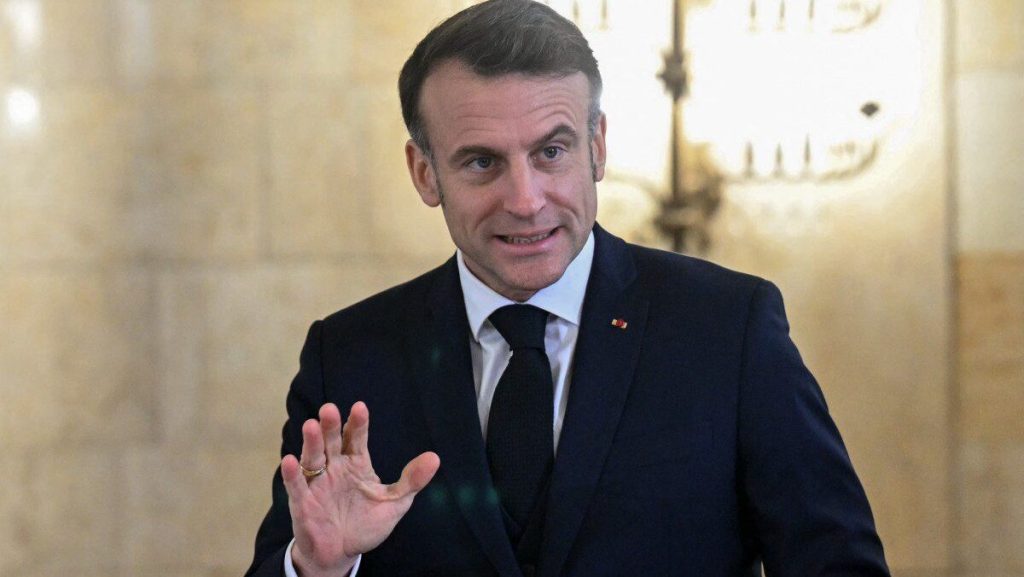French lawmakers vote to oust PM in first successful no-confidence vote since 1962

In a historic move, French lawmakers have voted to oust Prime Minister Elisabeth Borne in the country’s first successful no-confidence vote since 1962. This unprecedented development marks a significant political shift in France, as it signals growing dissatisfaction with the government’s policies and leadership under President Emmanuel Macron’s administration.
The vote, which was held in the National Assembly, came after weeks of rising tensions and political unrest. Lawmakers from across the political spectrum, including opposition parties and members of Macron’s own coalition, expressed their frustration with the Prime Minister’s handling of key issues such as pension reforms, economic policies, and the government’s response to protests. In a rare show of unity, these diverse groups were able to secure the necessary votes to force Borne’s resignation, a move that was considered a blow to Macron’s leadership.
Prime Minister Borne, who had been appointed in May 2022, faced increasing criticism for her leadership style and her inability to effectively unite the country amid growing discontent. Her tenure was marred by protests, particularly surrounding controversial pension reforms, which many French citizens saw as detrimental to their rights. In addition, economic challenges and the rising cost of living in France have added to the frustration of both the public and lawmakers.
The successful no-confidence motion is a testament to the shifting political dynamics in France. While Macron’s party, La République En Marche (LREM), remains the largest in the National Assembly, the government’s lack of an outright parliamentary majority has made it vulnerable to opposition forces. This has created a situation in which Borne’s leadership became increasingly difficult to sustain. Her government struggled to pass significant reforms without broader support, leading to a sense of instability.
This no-confidence vote is a reminder of the fragility of parliamentary power in France, particularly when a government fails to maintain strong consensus and fails to address the needs and concerns of the public. In many ways, it highlights the growing divide between the political establishment and ordinary citizens, many of whom feel alienated by policies that seem disconnected from their everyday struggles.
The vote also has broader implications for Macron’s presidency and his political legacy. The loss of his Prime Minister is a setback for his government, signaling that his ability to push through key reforms may be severely limited in the coming years. With the next presidential election scheduled for 2027, the fallout from this political crisis could have a lasting impact on Macron’s political influence and the future of his movement.
As of now, Macron has yet to name a replacement for Borne. The decision of who will take over as Prime Minister will be crucial in determining the direction of the government moving forward. Macron will likely need to find a figure who can both navigate the political divisions in the National Assembly and restore confidence in the government’s ability to govern effectively.
In conclusion, the successful no-confidence vote against Prime Minister Elisabeth Borne represents a major political development in France. It underscores the discontent with the current government’s leadership and marks a pivotal moment in President Macron’s presidency. With political instability on the rise, it remains to be seen how France will move forward in the coming months and whether the government can regain its footing or face further challenges.






